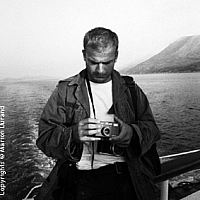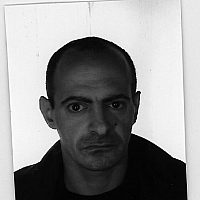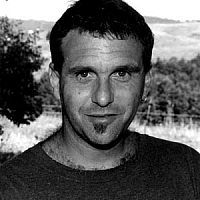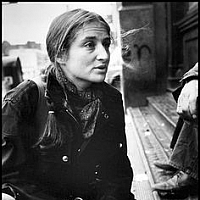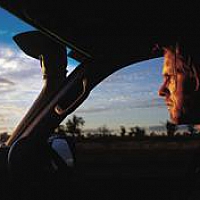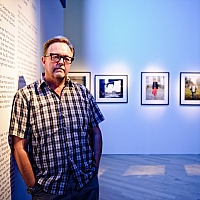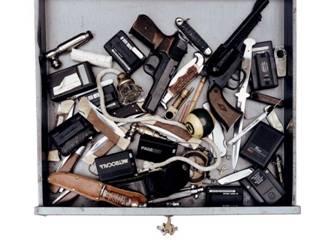
Jim Goldberg, ‘Confiscated Objects’, 1992-93
Atlas Gallery 49, Dorset Street W1U 7NF London Royaume-Uni
For over sixty years, Magnum photographers have been responsible for taking some of the world’s most memorable photographs, images that have become instantly recognizable. Robert Capa’s iconic ‘The Falling Soldier’ (1936), Cartier-Bresson’s seminal ‘Place de l ’Europe’ (1932) capturing a man jumping a large puddle, or Dennis Stock’s famous photograph of James Dean walking in the rain in Times Square (1955) are classic examples. These are images from the early years of Magnum, the height of photojournalism in the traditional sense, of black and white reportage and ‘the decisive moment’. With this in mind, it is interesting to consider what the future iconic Magnum images will be. ‘Magnum Contemporary’ at Atlas Gallery will feature striking photographs by the next generation of Magnum photographers, revealing some of the defining images of recent years.
The photographers in this exhibition represent the evolution of documentary photography, from traditional photojournalism to more art-based practice, and reflect the diversity that continues to distinguish the agency. New applicants for Magnum membership in the 1980s brought different approaches, working in colour, making more personal images, and considering themselves artists as much as reportage photographers. The more recent, younger members have expanded the Magnum vocabulary further. Photojournalists are more aware of the ambiguities in reporting on the world, and have moved towards a certain self-reflection.
In this exhibition, Jim Goldberg’s photographs from his ‘Raised by Wolves’ (1985-95) and ‘The New Europeans’ (2003-2007) projects, large multi-layered bodies of work consisting of photographs, Polaroids, written text and ephemera, demonstrate a strictly personal journalism. Antoine D’Agata’s poetic, dream-like images reflect too the intimate and intense nature of his chance encounters. Colour is used as a powerfully descriptive medium, evident in Jonas Bendiksen’s poignant photograph of rocket-scavengers being besieged by white butterfly on the Altai Steppes (2000) and Alex Webb’s ‘Mexicans arrested while trying to cross the border to the United States’ (1979). The rich colours seduce the viewer, often at odds with the brutality of the subject matter. Mark Power’s ‘Dalmatian, Warsaw’ (2005) is a striking image and reflects some of the subtleties that epitomize documentary photography today. Power supports this idea in the following statement:
"Now that everyone in the developed world seems to own some form of camera, a different space has opened for documentary photographers. It's a space free from specific events, where there are different expectations, where it is first and foremost about ideas. Now we can all take pictures, with varying degrees of consistency, more than ever before it's about what we do with photography."

